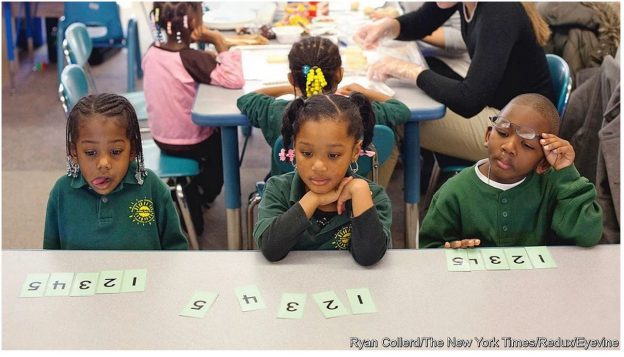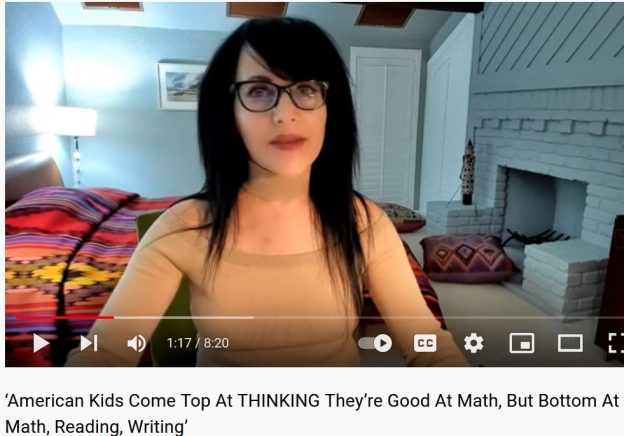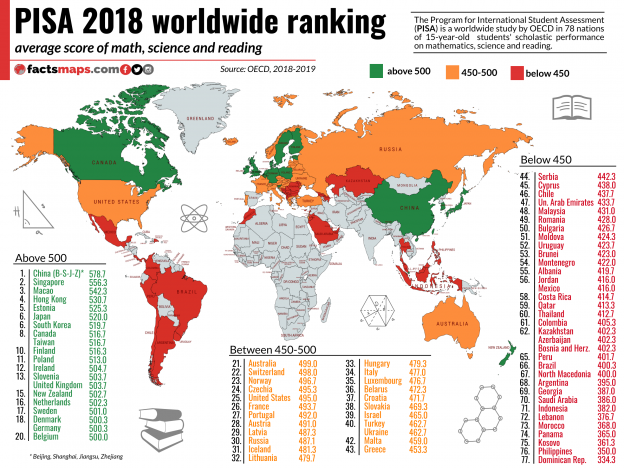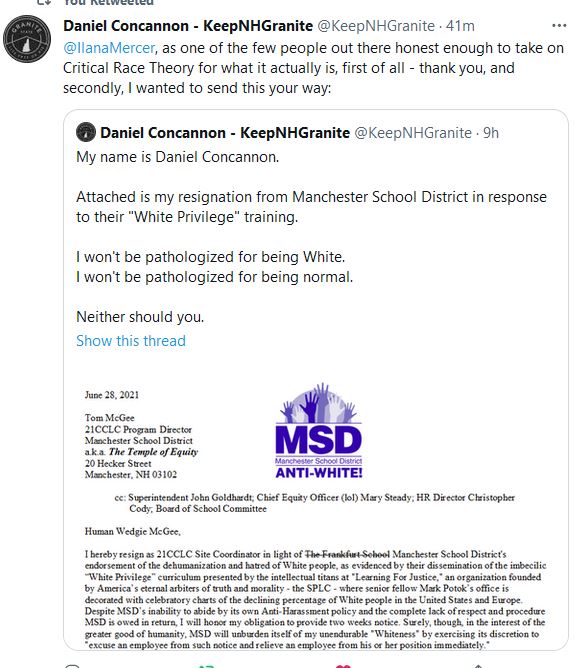To continue the math-related conversation begun in “U.S. Kids Can’t Read, Write Or Do Math, But Are No. 1 In Critical Race Theory,” here are more warnings from The Economist:
The writer says that, “Conservatives typically campaign for classical math: a focus on algorithms (a set of rules to be followed), memorizing (of times tables and algorithmic processes) and teacher-led instruction. Pupils in these classrooms focus on the basics, exploring concepts after obtaining traditional skills …”
“…Progressives,” he argues, “typically favor a conceptual approach to math based on problem-solving and gaining number-sense, with less emphasis on algorithms and memorizing.”
Irrespective, the achievement situation on the ground is as follows:
In 2018, American 15-year-olds ranked 25th in the OECD, a club of mostly rich countries. American adults ranked fourth-from-last in numeracy when compared with other rich countries. As many as 30% of American adults are comfortable only with simple maths: basic arithmetic, counting, sorting and similar tasks. American employers are desperate for science, technology, engineering and mathematics skills: nuclear engineers, software developers and machinists are in short supply. And while pupils’ maths scores are bad enough now, they could be getting worse. On the National Assessment of Educational Progress (NAEP), a national exam, 13-year-old pupils’ scores dropped five points in 2020 compared with their peers’ in 2012. The status quo does not add up. But teachers and academics cannot agree on where to go next.
This is not purely about “the conceptual approach to math,” versus an emphasis on “algorithms and memorizing,” as the writer frames it.
However important, more than the methods of teaching math, American failures are about the kind of kids America has and the philosophy undergirding their education—a highly variegated population educated under the philosophy of egalitarianism. Not everyone can learn math, yet this is the premise of American education.
Yes, “highly ranked mathematical nations” such as Singapore, China and Japan have the best math in the world and are NOT teaching by progressive methodology.
But the East Asian nations are relatively homogeneous and have kids with the good potential (IQ). Although important, the statistically significant variance is to be found, I would wager, in the kind of population, more than in the method of teaching, however important.
I hate to say it, but as far as raw human capital goes, America is fast becoming a bit of a shithole.
RELATED READING:
“The Wussification Of The West: Will We Ban Shakespeare For Othello And Shylock?”
“U.S. Kids Can’t Read, Write Or Do Math, But Are No. 1 In Critical Race Theory“




